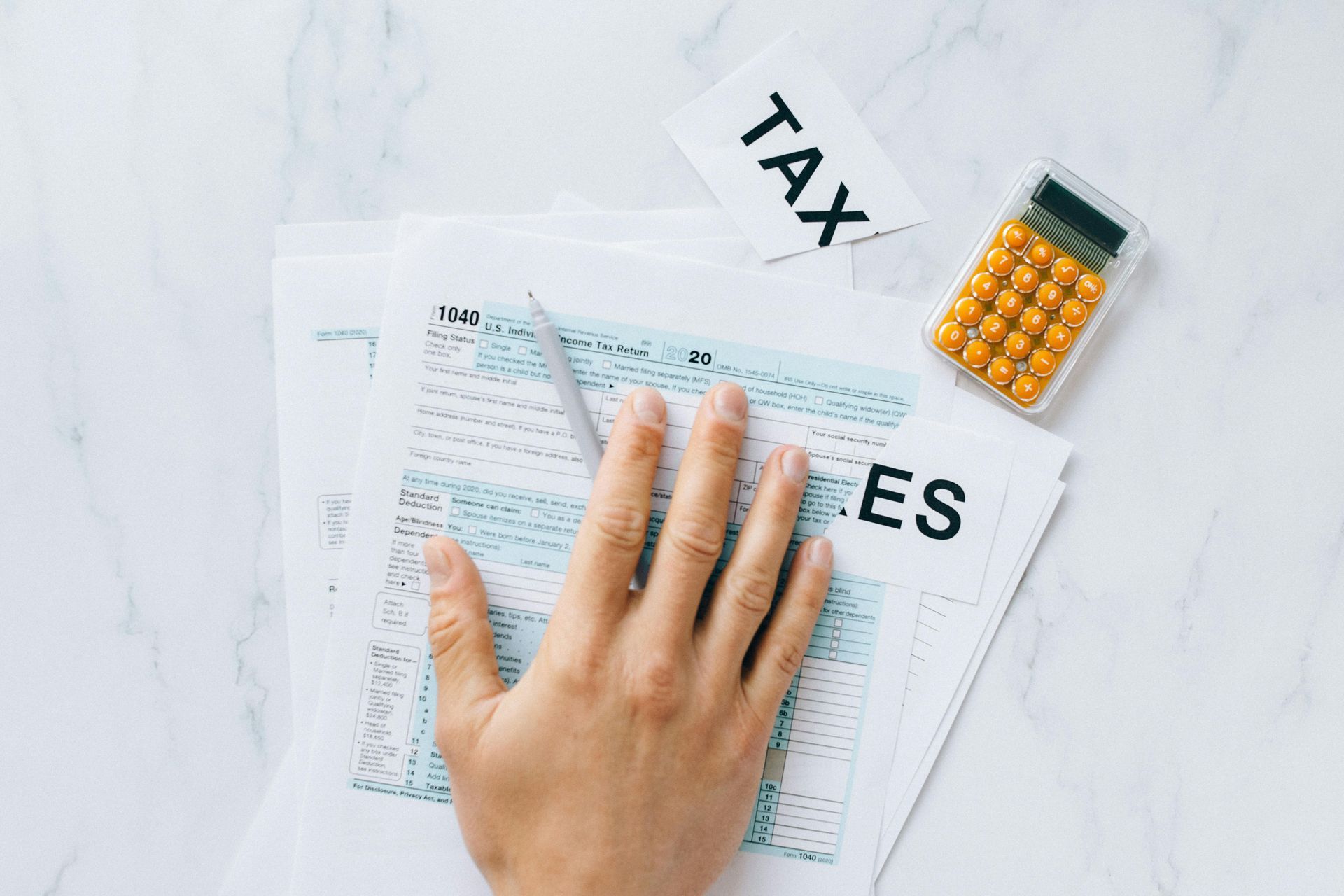The Downsides of DACA
DACA is a discretionary remedy that provides a stay of deportation from the U.S. for a period of two years and an Employment Authorization Document (EAD) that will allow DACA Recipients to work legally in the United States. DACA is renewable if the renewal qualifications are met. Lawful Permanent Residence is not provided for DACA holders, meaning DACA does not provide a pathway to legal residency in the United States.
If DACA ends, there is no guarantee that the U.S. Government will not use the information provided in the DACA Program to institute removal proceedings against DACA Applicants, Recipients, and their Family Members at a future date.
Personal Information STATED IN THE DACA APPLICATION Could Lead to Deportation
USCIS does not share a DACA applicants’ information with Immigration and Customs Enforcement (ICE) unless there are Fraud, Public Safety, or National Security Concerns. Meaning, entering the U.S. on fake documents, could disqualify a DACA application and renewal. False documents are a common example of fraud; however, a DACA Recipient must have proven their identity in order to receive DACA. If those application documents were fake or stolen, then Deportation is a probability.
Undocumented Immigrations (With DACA or Without) who have past criminal offenses may not only be ineligible for DACA, but are also at risk being placed into removal proceedings if they submit a DACA initial application or renewal application.
If a family member is deemed a national security or public safety threat, the information listed on a DACA application may be shared with certain branches of government for detainment, prosecution, or deportation.
DACA Is Not an Amnesty OR FORGIVENESS
DACA does not provide forgiveness or amnesty for any immigration offenses committed in the past. Prosecutorial discretion is equivalent to the government “pausing” their enforcement of immigration law. Such discression does not forgive or waive an undocumented immigrant’s past.
DACA’s AUTHORIZED EXITS FROM THE U.S. COULD LEAD TO REJECTS Upon THEIR Return to the U.S.
DACA does not, in of itself, permit travel in and out of the United States. The “Advance Parole” process, better known as a travel document from USCIS, may be granted for humanitarian, work, or school purposes. However, USCIS authorization to re-enter the U.S., does not force U.S. Customs and Border Protection (CBP) to admit the DACA Holder upon their return. In essence, CBP is separate from USCIS, and CBP may re-determine whether an undocumented immigrant should be allowed back in the U.S.
If you have any questions or concerns, please feel free to call Fickey Martinez Law Firm at (910) 526-0066 or email us at attorney@fickeymartinezlaw.com.
Disclaimer: This Blog is made available by the lawyer or law firm publisher for educational purposes only as well as to give you general information and a general understanding of the law, not to provide specific legal advice. By using this blog site you understand that there is no attorney-client relationship between you and the Blog/Web Site publisher. The Blog should not be used as a substitute for competent legal advice from a licensed professional attorney in your state.
The post The Downsides of DACA appeared first on Fickey Martinez Law Firm.












